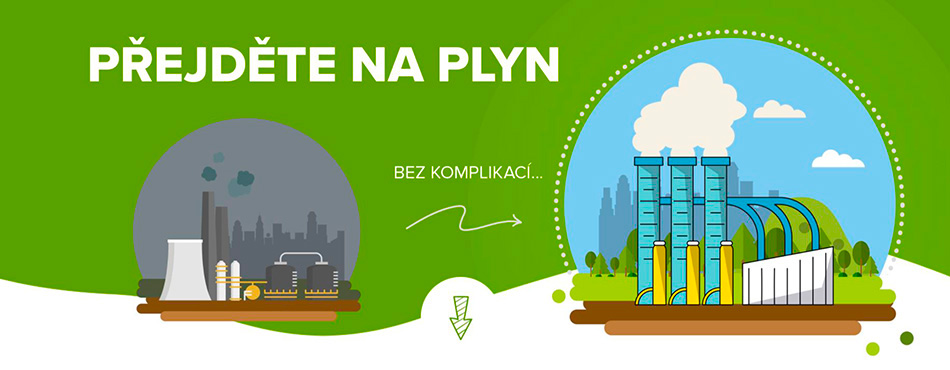4/2020
INFORMATIVE ARTICLES
- Drafting a New Law on Specified Risky Installations and Equipment: What Changes Will It Bring and Will We Live to See It?
- LNG on the Rise in Freight Transport
- We Are Ready to Help CHP Plants with Conversion to Natural Gas
- Renewable Sources and Implementation of Directive (EU) 2001/2018 (RED II)
- ASPP General Meeting in 2020
- Mechanical Connection Systems: Perfect Joining of up to 10 Bar PE Gas Pipes
- In Brief…
- Other Periodicals
- CNG Motoring – New Fuelling Stations
THE CGA‘S ACTIVITIES
- Challenges for 2021 from the Perspective of the CGA’s Legislation and Strategy Department
- Plan of the Development of Normative Documents for 2021
- Škoda Auto and the CGA Sign a Memorandum on Cooperation
TECHNICAL ARTICLES
Quo Vadis, the Energy Act?
Jana Osadská, PPD, a.s.
Summary: The purpose of this contribution is to provide gas industry experts with an overview of the impacts of the forthcoming changes in energy legislation. The contribution is divided into two parts. The first part offers a list of the changes contained in the amendment to the Energy Act, which the cabinet approved in the spring of 2020. The other part describes the key impacts of the draft bill of the new Energy Act, highlighting the changes expected in the gas market and the position of infrastructure licence holders.
Key words: The Energy Act, the draft bill of the Energy Act, the gas market
Covid and Emissions: Two Challenges for LNG
Tomáš Novotný, UP forum s.r.o.
Summary: The effects of this year’s pandemic on the LNG sector have accelerated its development and are changing the understanding of this sector from the perspective of environmental protection. The contribution evaluates the situation in the past period and describes the problems that affected the global LNG trade in 2020. The increasing tension between growing supply and declining demand has resulted in lower natural gas prices. On 1 January 2020, a new regulation of the International Maritime Organization came into effect; it reduces the limit for sulphur in fuel oil used on board ships (operating outside designated emission control areas) to 0.50% m/m.
Key words: LNG, Covid-19, ocean shipping, emissions, IMO 2020
Hydrogen Electric Mobility in the Context of Updating the National Action Plan for Clean Mobility
Jan Kulas, ÚJV Řež
Summary: The adoption of the Paris Agreement can be regarded as the most significant change in the international context of clean mobility development. Several new pieces of legislation that will have a material impact on the direction followed by clean mobility have been adopted in recent years further to this international obligation. These include, in particular, EU Regulations setting CO2 emission performance standards for new passenger cars and new vans and, most recently, for new heavy-duty vehicles after 2020, and Directive (EU) 2019/1161 amending Directive 2009/33/EC on the promotion of clean and energy-efficient road transport vehicles [1].
Key words: Hydrogen electric mobility, National Action Plan for Clean Mobility, hydrogen refuelling stations
Burning Natural Gas/Hydrogen Mixtures in Household Appliances – Part 1
Josef Fík, Libor Čapla, Jiří Žahourek
Summary: The contribution describes the effect of hydrogen content ranging from 0 to 25% mol in a mixture with natural gas on burning in household appliances. Gaseous fuels with similar combustion characteristics, in particular Wobbe index and burning velocity, can only be used in a particular household appliance as a substitute. The various chapters describe the effect of hydrogen content in natural gas on the following: Wobbe index, composition of exhaust gases; emissions of CO2, CO and NOx; burning velocity; output of burners/energy demand of appliances, efficiency of appliances; flame stability; and temperature of combustion. Recommendations on hydrogen content in natural gas for household appliances, accepted from reference literature, are set out there. In conclusion, the authors discuss the pluses and minuses of hydrogen content in natural gas and offer recommendations for hydrogen injection into natural gas distribution systems from the perspective of burning these mixtures in household appliances.
Key words: Household appliances, burning, natural gas/hydrogen mixture





